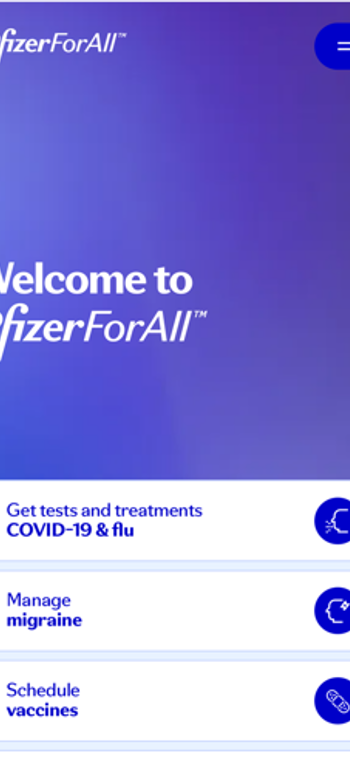
ICER: Draft Review Suggests Lecanemab’s Cost-effectiveness Range of $8,500-$20,600
ICER analysts remain uncertain about using amyloid removal as a surrogate marker for clinical benefit in Alzheimer’s disease.
In a preliminary
Lecanemab is a monoclonal antibody that targets beta amyloid to treat mild cognitive impairment in patients with early Alzheimer’s disease. It is currently under review by the FDA with a target action date of Jan. 6, 2023. The regulatory submission for lecanemab is based on clinical, biomarker and safety data from the proof-of-concept phase 2b in 856 people with early Alzheimer’s disease with confirmed presence of amyloid pathology, biomarker and safety data from an open-label extension study, and blinded safety data from the confirmatory phase 3 study.
The phase 2b study explored the impact of treatment with lecanemab on reducing amyloid plaque and clinical decline. At 18 months of treatment, lecanemab reduced brain amyloid by a mean of 0.306 standardized uptake value ratio, a common quantitative method used to measure comparisons using positron emission tomography. More than 80% of patients became amyloid negative by visual read.
Results from the Clarity AD phase 3 clinical study for lecanemab in early Alzheimer’s were
In its analysis, ICER analysts said the 27% relative change in CDR-SB is similar to the change seen in EMERGE, the trial of the companies' Aduhelm (aducanumab), which received accelerated approval in June 2021. Aduhelm’s trials used the clearance of beta amyloid as a surrogate measure of clinical benefit. (Aduhelm initially launched at a price of $56,000, but has since dropped by half.)
ICER analysts, however, question whether the absolute change in CDR-SB is clinically relevant. “We do not feel that evidence is adequate at this point to assume that clearance of amyloid will necessarily improve cognitive outcomes,” they wrote in the preliminary report. “Patient-level evidence across trials and agents showing that degree of amyloid removal correlates with clinical benefit would be an important step in establishing amyloid removal as an important surrogate outcome.”
Because of the questions around amyloid removal as a surrogate marker in Alzheimer’s disease, ICER said it’s important to look at clinical outcomes and weigh those against risk, particularly amyloid-related imaging abnormalities (ARIA), including edema/effusion, hemorrhage or superficial siderosis (a disabling disorder affecting the brain and spinal cord). These abnormalities, ICER suggests, may be greater than what is seen in clinical trials. Additionally, total adverse events and serious adverse events were slightly higher in the lecanemab group than in the placebo group.
In its cost-effectiveness analysis, ICER used a placeholder price of $26,100 for lecanemab and used a hypothetical cohort of patients with mild cognitive impairment related to Alzheimer’s disease. Model outcomes included quality-adjusted life years, equal-value life years, life years, years living outside of long-term care, and costs over a lifetime time horizon. ICER found that the uncertainty of treatment effectiveness resulted in a wide range of potential cost-effectiveness estimates.
Newsletter
Get the latest industry news, event updates, and more from Managed healthcare Executive.























